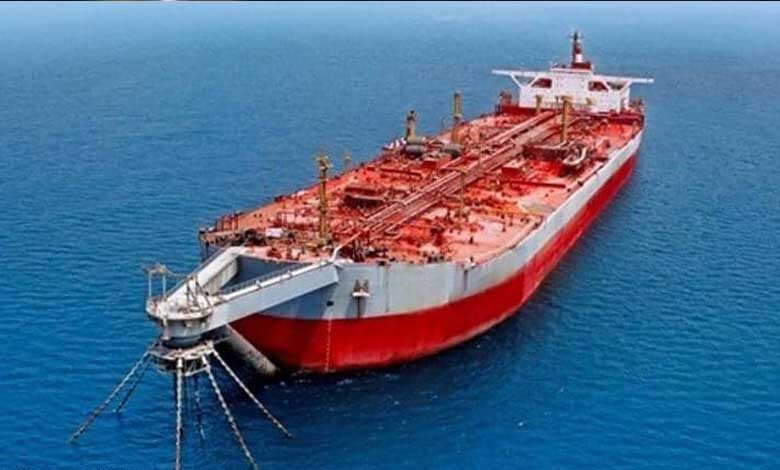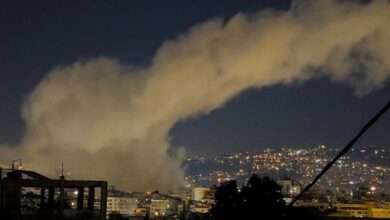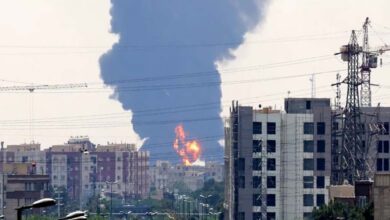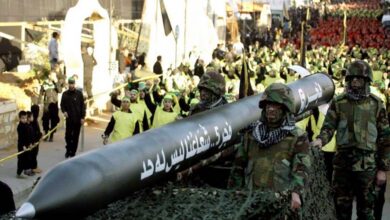UN inspections of oil transporter in the Yemen coast postponed until March

The organization said on Wednesday that a UN mission to inspect a long-abandoned fuel transporter in front of the coast of Yemen that threatens to break and cause a massive oil spill, has been postponed to March.
UN spokesman Stephane Dujarric informed reporters: We’ve hit a few delays with international shipping that were beyond our control and had some back and forth on signing documents, which has now been resolved.
He also said: For now, we think we can get there by early March. From our side we are doing everything possible to stick to that timeline and deploy the mission.
In fact, Yemen’s Houthi insurgents affirmed in November that they had given the green light for a mission to assess the FSO Safer fuel transporter that the UN initially planned for late January or early February. The Iran-backed Houthis, who control a lot of Yemen’s north following a war that exploded in 2014, had before denied access.
Dujarric stated that engaging to the new timeline will depend on continuous facilitation by the Ansar Allah authorities, using the official name of the Houthi movement, adding: We have communicated to the authorities our concern over several logistical issues that remain pending. We urgently need to resolve these issues in the next several days to avoid missing the window for timely deployment.
The UN’s declaration comes just after two days that new US President Joe Biden’s administration postponed his country’s designation of the Houthis as a terrorist group until February 26.
Dujarric also related that the UN was studying the situation about the US terrorist classification to ensure that non-staff contractors are not inadvertently exposed to legal risks by participating in the mission.
Humanitarian groups debate that they have no alternative just to deal with the Houthis, who take the place of the government in much of Yemen, including the capital Sanaa.
Furthermore, the 45-year-old fuel ship, abandoned near the western port of Hodeida since 2015, transport 1.1 million barrels of crude on board, and a break or explosion would have disastrous environmental and humanitarian consequences, and apart from corrosion to the aging ship, essential work to control explosive gases in its storage tanks has been abandoned.












